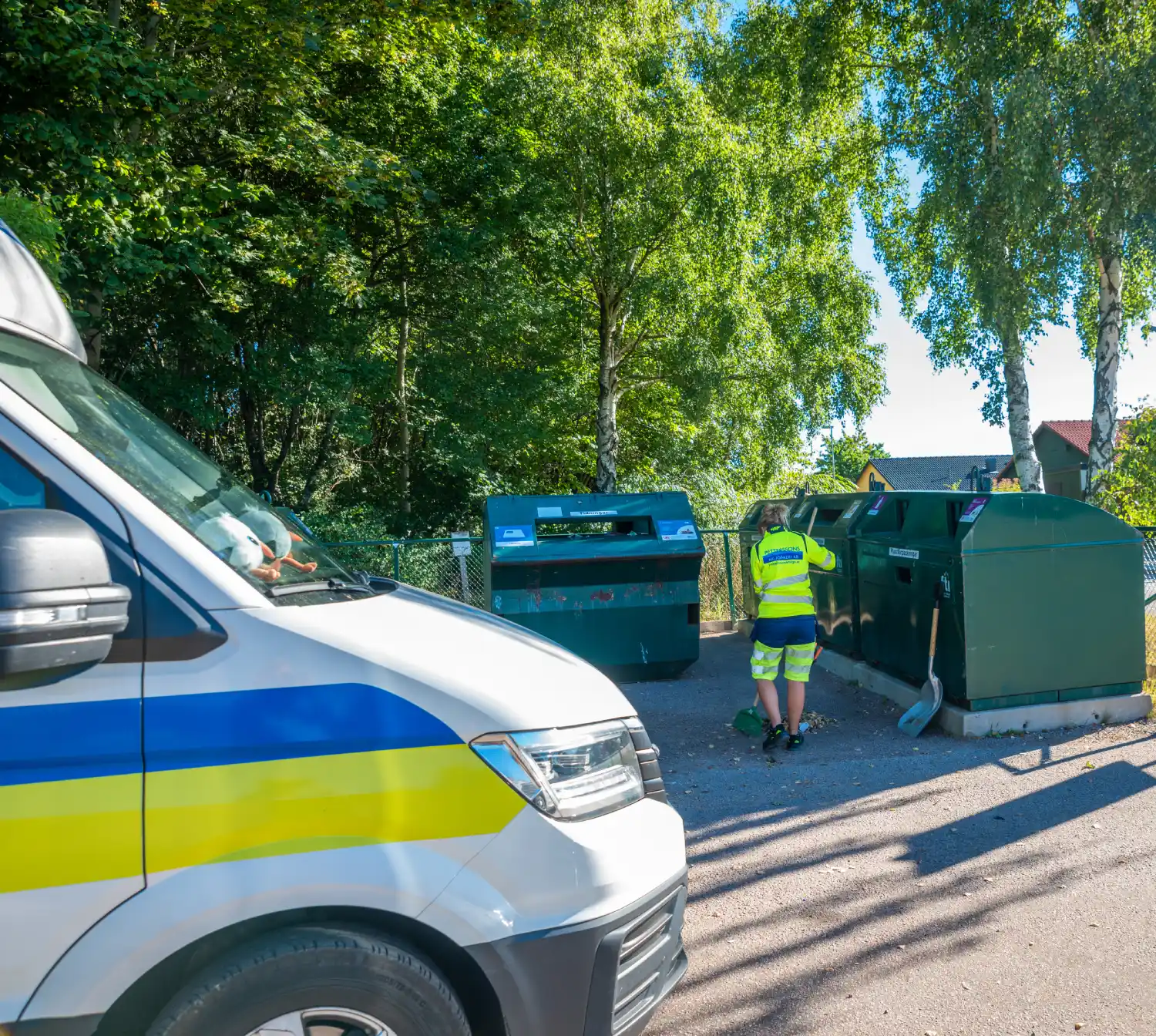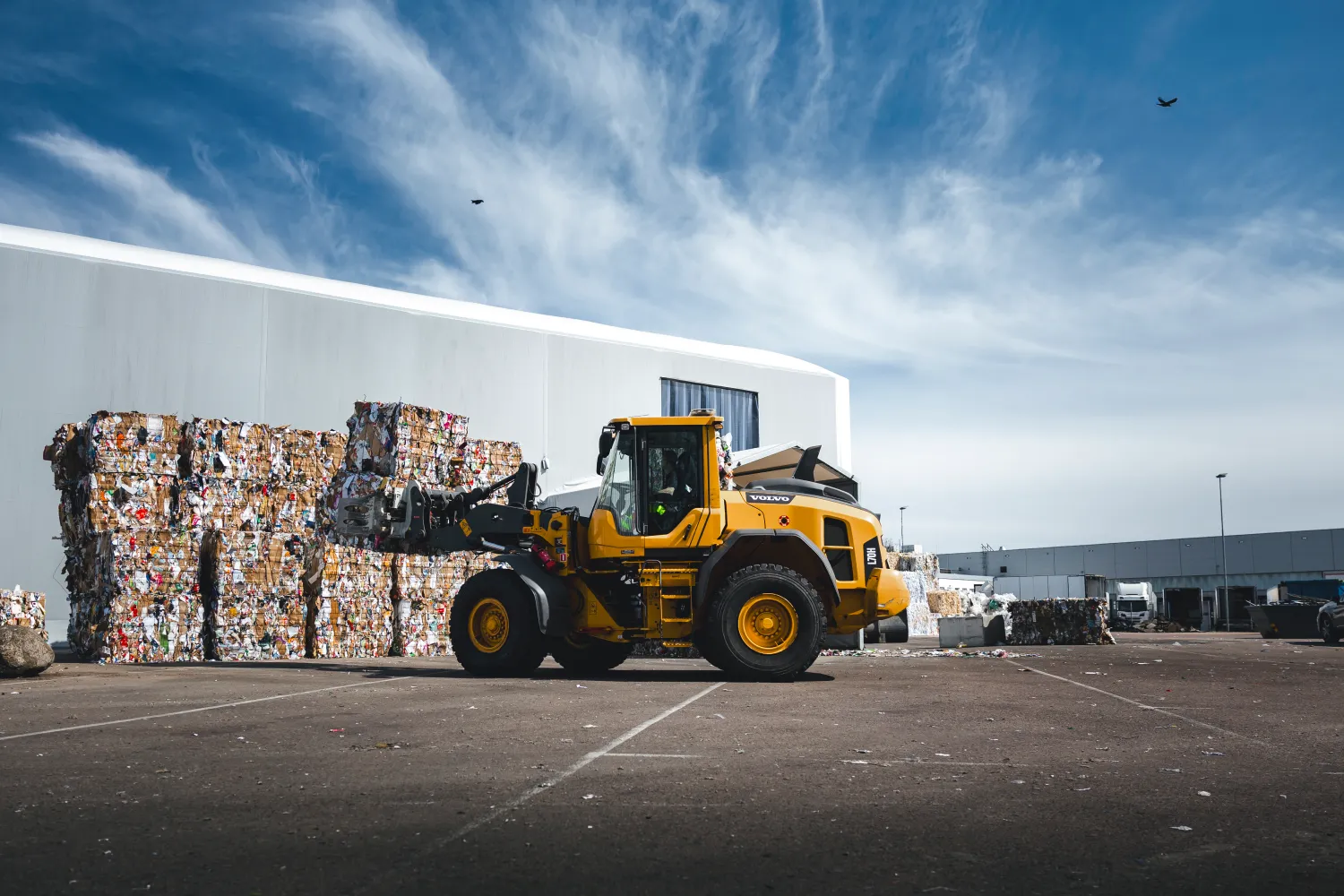How Sweden Transformed Recycling into a National Passion
How Sweden Transformed Recycling into a National Passion
Blog Article
Sweden has always been a leader in sustainable practices, and its Recycling (Återvinning) journey is nothing lacking remarkable. From revolutionary spend management methods to a nationwide social shift, Sweden has changed just how it handles waste. The united states has turned garbage into treasure by maximizing recycling attempts and harnessing spend as an invaluable resource. This approach not merely minimizes environmental influence but also contributes to Sweden's formidable alternative power goals.

Primary Recycling Charges
Sweden offers one of many highest recycling rates on the planet, with approximately 99% of household waste being recycled or repurposed. The country has created a superior spend working program that makes it simple for citizens to separate your lives recyclables, ensuring minimal waste eventually ends up in landfills. That achievement isn't caused by just one policy but rather an extensive national energy, including a powerful infrastructure and the productive participation of Swedish residents.
Waste-to-Energy Innovation
One of Sweden's most impressive strategies in waste administration is their waste-to-energy (WTE) model. Rather than sending spend to landfills, Sweden burns extra spend to produce power in the shape of heat and electricity. This process records for about 50% of the country's waste, and the energy made forces homes, businesses, and even entire cities. The WTE product not only decreases landfill spend but also considerably reduces Sweden's dependence on fossil fuels, aligning with the nation's sustainability goals.
Prolonged Producer Obligation (EPR)
A vital element of Sweden's recycling success could be the implementation of Prolonged Company Obligation (EPR). That plan needs suppliers to control the recycling of their items and packaging. By moving the obligation to manufacturers, Sweden has somewhat paid down appearance spend and incentivized the progress of more sustainable products. EPR has also resulted in larger recycling charges, especially in sectors like electronics, packaging, and textiles.
Community Proposal and Knowledge
The Swedish government places a solid emphasis on teaching its citizens about the significance of recycling. Community recognition campaigns encourage visitors to follow responsible consumption behaviors, such as reducing waste and recycling effectively. Schools, media sites, and local governments come together to promote environmental stewardship, ensuring that recycling is part of daily life for Swedes of most ages.
Future Improvements
As Sweden remains their recycling trip, the united states is exploring new technologies to help improve waste management.

Conclusion
Sweden's recycling trip has turned trash into prize, showing that spend can be quite a useful resource when maintained responsibly. Through high recycling costs, waste-to-energy innovation, and policies like Expanded Producer Obligation, Sweden has set an international case for sustainable waste management. With continued advancement and a culture of environmental recognition, Sweden is set to stay at the front of the worldwide recycling action, showing a circular economy is not merely possible—it's the future. Report this page